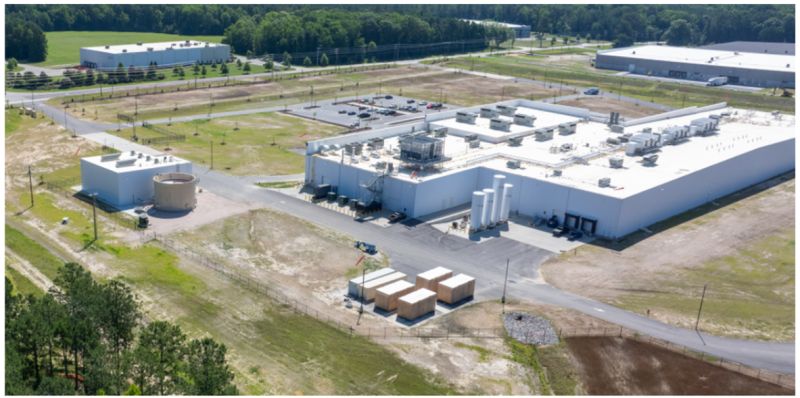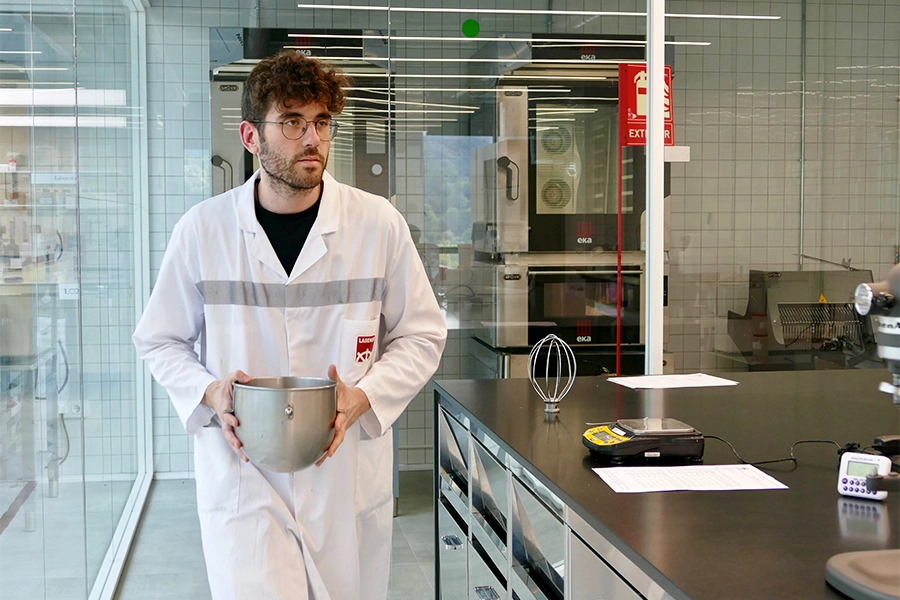

RTP startups demonstrate benefits of plant-based proteins for cell-based food production
Results from a collaborative project between Tiamat Sciences and BIOMILQ – women-owned biotechnology startups in Research Triangle Park (RTP), North Carolina, USA – show the promise of using plant-based proteins to lower the cost of producing food using cultured cells.
For the project, Tiamat Sciences produced a plant-based version of a specific growth factor that BIOMILQ uses to create its cell-based early-life nutrition products. The plant-based protein was shown to be as effective as the commercially available alternative while being ten times more affordable.
“The commercialization of food products made from cell culture absolutely depends on a drastic reduction in the cost of production,” said Leila Strickland, Ph.D, BIOMILQ’s CEO & Co-founder. “Cell culture media is the biggest driver of cost, and also the most significant opportunity to reduce the cost. A scalable, versatile source of biological media components such as growth factors and hormones is essential. This collaboration demonstrates meaningful progress toward scaling our products and gives us confidence that we can overcome this critical challenge.”
Cell-based food production is an emerging technology that uses cultured animal cells to produce food products that are comparable to meat, poultry, fish, dairy products and eggs. This approach has the potential to create animal-based products in a more sustainable and ethical manner.
BIOMILQ is one of several companies located in North Carolina using cell-culture technology. The startup is developing technology to use mammary cells isolated from donated breast milk to produce human milk components outside the body, including functional components that could be used to humanize infant formula. Much like cell-based meat and seafood, cell-cultured human milk components need scalable cell culture media. However, one difference is that BIOMILQ uses cells to make a product while companies producing meat and seafood use the cells as the final product.
Tiamat Sciences, which uses a scalable plant-based production platform to develop proteins, developed a plant-based version of the Human Prolactin growth factor for BIOMILQ. This vital lactation biomolecule is needed to support the growth and productivity of BIOMILQ’s human mammary cell system. “Prolactin was a good protein for BIOMILQ to test because two of its primary responsibilities in the body are to help with the development of the mammary glands and with milk production,” said Strickland.
Using an animal-free production process, Tiamat Sciences was able to make a plant-based version of Human Prolactin in just three months – about half the time it typically takes when using mammalian cell lines.
“In traditional cell-based food production, reliance on expensive and resource-intensive animal cell cultures is commonplace,” added France-Emmanuelle Adil, the company’s CEO & Founder. “Tiamat Sciences' technology, which derives recombinant proteins from plant cells, successfully circumvents the cost and ethical concerns often associated with animal-based processes. Plant-based expression systems also inherently offer greater scalability and long-term sustainability.”
Tests showed that Tiamat Sciences’ plant-sourced Prolactin was just as effective in BIOMILQ’s system as commercially available Prolactin while costing just one-tenth of the cost of alternative commercially available proteins.
When developing new proteins, traditional methods, which tend to be animal-based systems, can be both time-consuming and financially burdensome. “Tiamat Sciences' approach, characterized by transient expression, vertical farming and data-driven processes, paves the way for rapid and cost-effective protein development,” explained Adil. “This efficiency results in substantial reductions in time and resource requirements, ultimately translating into lower development costs.”
Once a protein is successfully developed, the plant-based production platform can also reduce production cost. This is because conventional bioreactors, particularly those using animal cell cultures, come with high operational and maintenance costs. Plant-based systems, however, use less expensive raw materials and save on operational expenses, savings that Tiamat Sciences passes on to its customers and partners.
BIOMILQ and Tiamat Sciences are both headquartered in the Alexandria Center for AgTech – RTP, a hub for emerging and global agtech companies.
“RTP provides access to some of the most incredible talent in the country, which we have utilized while building our incredible team, and it provides access to fantastic universities and companies such as Tiamat Sciences,” said Strickland. “We are so thankful to be in a community where collaboration and innovation go hand in hand.”
Adil points out that Jellatech and Perlita Foods, which are both led by women CEOs, are also notable players in cell-based food development in North Carolina. “The region's burgeoning status as a biotech hub is enriched by the presence of renowned universities and a pool of exceptional talent,” she said. “This convergence of innovation, female leadership and academic excellence makes North Caroline an ideal hotspot for advancing cell-based technology. I am also proud to show the world that women collaborating together can accomplish great things.”
If you have any questions or would like to get in touch with us, please email info@futureofproteinproduction.com






